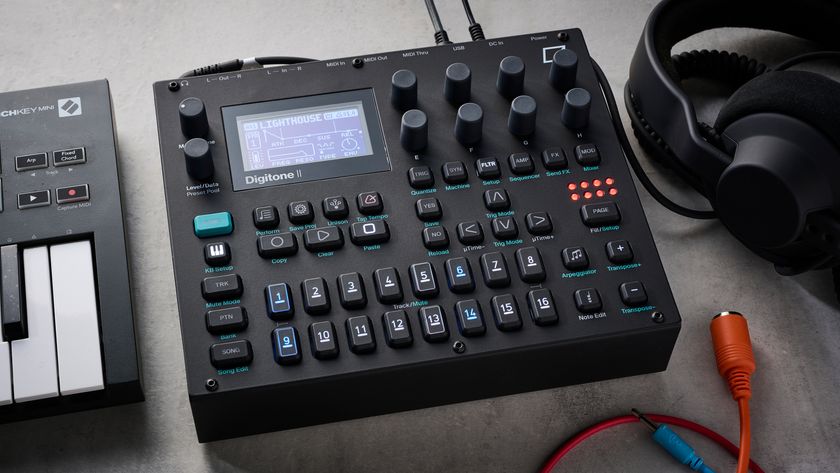Unfiltered Audio’s Lion plugin aims to be “king of the synthesis jungle”
Could it be your pride and joy?
Billed as “the king of the synthesis jungle,” Lion is the first plugin synth from Unfiltered Audio. Seemingly designed to cover all bases - and appeal to all kinds of user - it promises depth, ease of use and endless sound design possibilities.
Spec-wise, this translates to two oscillators, each with 26 modes. These cover FM, subtractive and additive synthesis, with plenty of variations on each. There’s also a Drift mode and Unison variation, features that are designed to give great sound design potential right at the oscillator stage.
There’s also an effect row powered by BYOME, Unfiltered Audio’s modular processing plugin, which enables you to create FX chains and modulate them from incoming MIDI notes. You can use the mixer to combine the oscillators in many different ways, and an ‘intelligent’ randomisation opens up multiple options for “serendipitous sound design”.
Lion is available now for PC and Mac in VST/AU/AAX formats. The regular price is $199, but it's currently available for $169.
Find out more and download a demo on the Plugin Alliance website.
Unfiltered Audio Lion features
- Over 20 unique oscillator modes, each with an optional, unique stereo algorithm
- Per-voice modulation
- Eight unique mixing algorithms for smashing together two oscillators
- A complete BYOME row for unlimited, modular effect processing
- Intuitive UX through carefully crafted single-page design (No Tabs!)
- Modulatable unison depth for every oscillator control
- A new tag-based preset browser
- Full MPE support with modular routing
- Full microtuning support (via TUN files)
Get the MusicRadar Newsletter
Want all the hottest music and gear news, reviews, deals, features and more, direct to your inbox? Sign up here.



I’m the Deputy Editor of MusicRadar, having worked on the site since its launch in 2007. I previously spent eight years working on our sister magazine, Computer Music. I’ve been playing the piano, gigging in bands and failing to finish tracks at home for more than 30 years, 24 of which I’ve also spent writing about music and the ever-changing technology used to make it.











